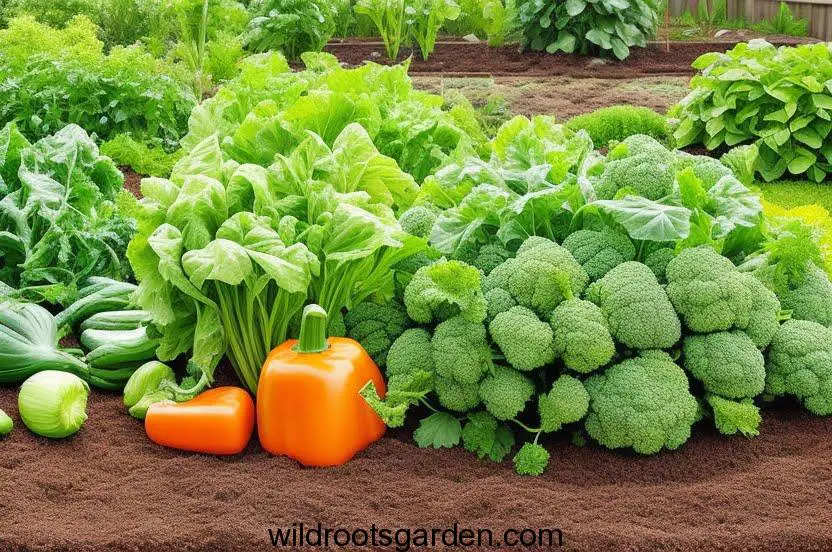Can I Sell Vegetables from My Garden? Do you produce a bumper crop and have a green thumb? If so, selling your organic products could be a way for you to earn some additional cash. So it’s crucial to do your homework and abide by local laws before you start selling. Everything you need to know, from picking the appropriate crops to marketing your produce, will be covered in this tutorial.
Gardening is not only a rewarding hobby, but it can also be a successful business. You may share your produced fruit with others while making some extra money by selling vegetables from your yard. Also, it offers a chance to encourage wholesome eating, help regional economies, and cut down on food miles.
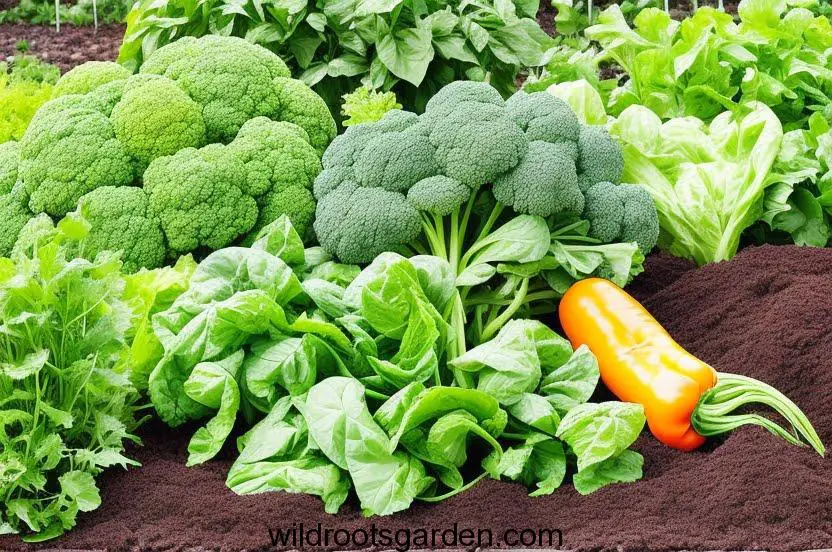
Benefits of Selling Vegetables from Your Garden
There are various benefits to selling vegetables from your garden. First off, you have total control over the growing process, ensuring that organic practices are used and avoiding dangerous chemicals. This gives clients access to the increasingly popular fresh and healthful produce.
The second benefit of selling your own vegetables is that you can provide rare and heirloom types that might not be easily accessible in chain grocery stores. This can draw clients looking for specialty produce and promote biodiversity preservation.
Last but not least, selling garden vegetables can be a wonderful opportunity to engage with your neighborhood, build rapport with clients, and instill pride in supporting the local food chain.
Considerations for Selling Vegetables
There are a few important factors to keep in mind before venturing into the realm of vegetable sales. Assess your garden’s size and the amount of vegetables you can reliably supply first. Finding the right balance between serving demand and minimizing waste is crucial.
Second, think about how much time and work it will take to maintain your garden, harvest the vegetables, and handle sales. It might take a lot of time to sell vegetables, especially during the busiest producing seasons. Be sure you have the resources to handle the increased task or think about starting small and building up gradually.
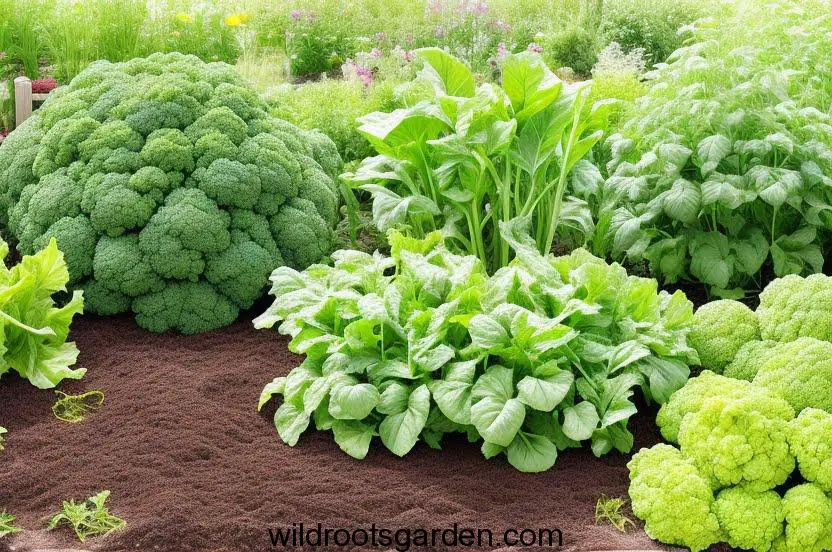
Legal and Regulatory Requirements
It’s crucial to comprehend and abide by any local laws and regulations while selling vegetables on your own. They may include getting the required licenses, permissions, or certificates, upholding safety and health standards, and abiding by local zoning laws. To be sure you are acting legally, research the exact rules that apply in your area.
Marketing Your Garden Produce
Marketing that works well is essential to attracting customers and increasing sales. Decide who your target market is first, whether it’s neighborhood residents, eateries, or farmer’s markets. Think about creating a unique selling proposition (USP) that emphasizes the superiority, viability, and organic status of your produce.
Use social media, internet forums, and neighborhood bulletin boards to spread the word about the products from your garden. Create a visually appealing brand, share anecdotes about your gardening journey, and display mouthwatering photographs of your produce. Encourage interaction with potential clients by sharing gardening advice and recipes that use your produce.
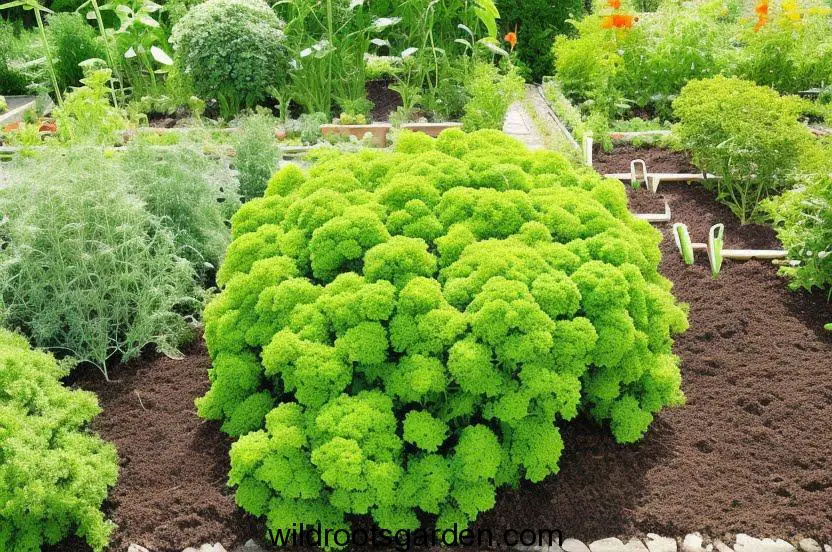
Setting Up a Sales Channel
You can choose from a number of sales channel alternatives when selling your garden produce. You can do this by setting up a farm stand, attending farmers’ markets, selling directly from your garden, supplying nearby restaurants or grocers, or even starting an internet store.
Consider aspects including convenience, market demand, competition, and your personal preferences. Each sales channel has advantages and disadvantages. Try out various distribution methods to determine which is the most practical and profitable for your garden products.
Pricing Your Vegetables
Choosing the appropriate price for your vegetables will help you draw clients while maintaining profitability. Do market research to learn the going rate for comparable products in your region. The price can be affected by elements including quality, diversity, size, and scarcity.
Take into account the cost of production, which includes labor, water, fertilizers, and seedlings. Determine your ideal profit margin and overhead costs. It’s crucial to create a balance between client affordability and the long-term viability of your company.
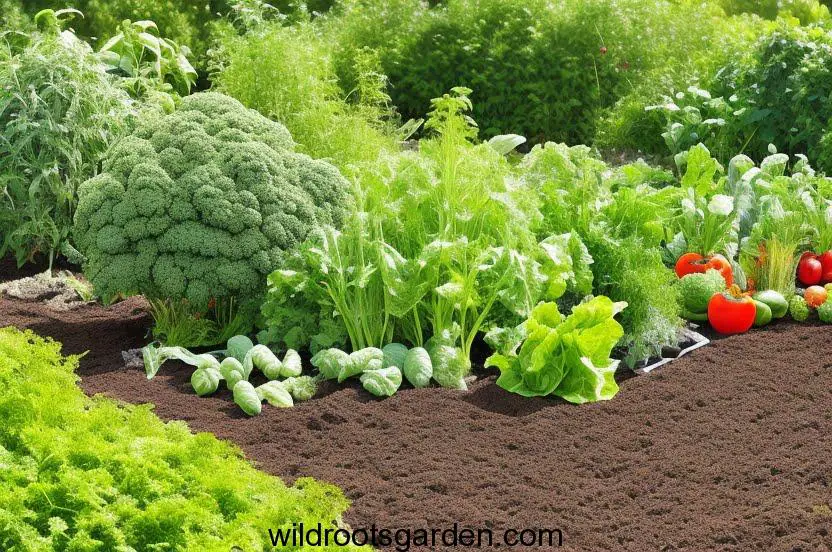
Packaging and Presentation
Your garden produce’s appeal can be considerably increased by attractive packaging and presentation. To meet the demands of environmentally concerned customers, make an investment in eco-friendly packaging materials like compostable or reusable containers.
By using appealing branding and clear labeling, you may draw attention to the vegetables’ freshness, high quality, and distinctive qualities. Think of mentioning your growing techniques, certifications, or other unique qualities of the produce. Packaging that is visually appealing can leave a lasting impression and promote repeat business.
Building Customer Relationships
For your garden produce business to succeed, developing trusting relationships with your clients is essential. Be attentive to questions, provide outstanding customer service, and guarantee constant product quality. Think about providing advice that is tailored to each person’s interests and dietary requirements.
Use social media, newsletters, or even the planning of farm visits or workshops to interact with your customers. Developing a devoted clientele base might result in repeat business and word-of-mouth recommendations.
Managing Inventory and Harvesting
To satisfy customer demand and prevent waste, effective inventory management is crucial. To guarantee a regular supply of fresh vegetables throughout the growing season, plan your planting and harvesting timetables. For the best yield and to increase the amount of time your vegetables are available, think about crop rotation and succession planting.
Track sales and inventory levels frequently, and make any adjustments to your planting plans. Your vegetables’ quality and freshness can be preserved by using efficient harvesting and post-harvest handling practices, such as suitable washing, cooling, and storage.
Dealing with Seasonal Variations
The diversity and availability of vegetables in your garden might be impacted by seasonal changes. Accept the distinctive qualities of each season and modify your marketing and sales tactics as necessary. Think of presenting seasonal promos, showcasing particular dishes, or emphasizing the health advantages of seasonal veggies.
Consider methods like canning, freezing, or producing added-value items like pickles, sauces, or dry herbs to preserve extra vegetables. This enables you to keep making money even when there is a shortage.
Quality Control and Freshness
Customer satisfaction depends on constantly delivering veggies of the highest quality and freshness. Put in place stringent quality control procedures like routine inspections, pest management plans, and illness prevention tactics.
Vegetables should be picked when they are most ripe and delivered right away to clients. To guarantee the quality and longevity of your garden food, educate yourself on proper handling methods and post-harvest procedures.
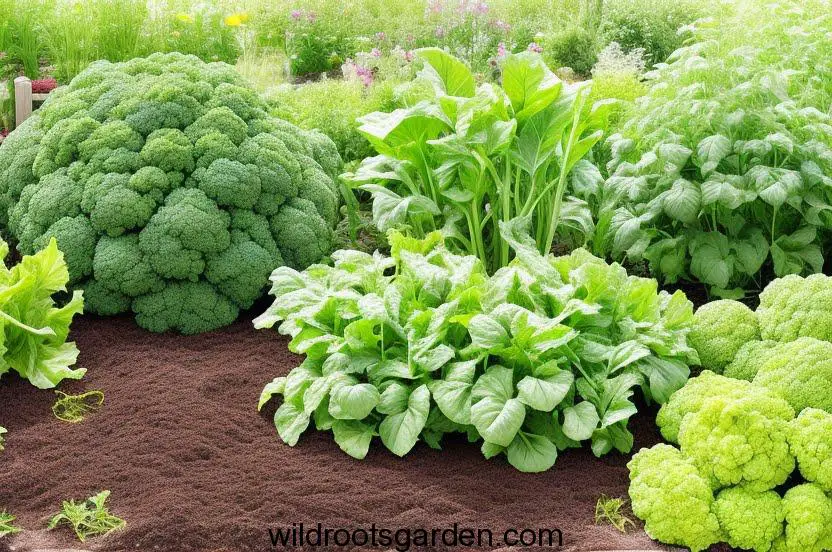
Handling Payments and Transactions
Choose the types of payment you’ll take for your garden product sales. Cash, credit cards, mobile payment apps, and online payment systems are available as options. Make sure the payment methods you choose are both secure for your company and convenient for your clients.
To simplify transactions and record keeping, think about utilizing digital invoicing or point-of-sale systems. Give invoices or receipts for each purchase to foster consumer trust and streamline accounting procedures.
Expanding Your Business
As your garden produce company expands, you could think about broadening your product line or looking into new markets. This can entail adding new crops, collaborating with other regional farmers, or supplying bigger merchants or eateries.
Based on market demand, available resources, and your personal objectives, assess whether expansion is feasible. You can maintain the integrity and quality of your garden products while boosting your income by gradually expanding your business.
In Conclusion, Selling produce from your garden may be a fulfilling and successful venture. You may transform your pastime into a successful business by utilizing your gardening expertise, interacting with your neighborhood, and using smart marketing and sales techniques. To ensure long-term success, keep in mind to prioritize quality and freshness, adhere to legal regulations, and cultivate customer connections.
FAQs (Frequently Asked Questions)
Can I sell vegetables from my garden if I use chemical pesticides?
While you can sell veggies grown using chemical pesticides, it’s best to switch to organic practices to satisfy the rising demand for wholesome and environmentally friendly products.
Do I require a license in order to sell products from my garden?
Depending on your area and the volume of your sales, a license may be necessary. To ascertain the appropriate permits or licenses, check local rules or speak with local authorities.
How can I differentiate my garden produce from store-bought vegetables?
Emphasize the distinct types, organic status, and freshness of your garden’s vegetables. To establish a personal connection with them, be specific about your cultivation methods and tell the tale of your gardening trip.
Can I sell vegetables year-round from my garden?
While seasonal variations may limit the availability of certain vegetables, proper planning, crop rotation, and preservation techniques can help extend your selling season and offer a diverse range of products throughout the year.
What marketing strategies can I use to promote my garden produce?
Utilize social media platforms, community networks, and local events to create awareness about your garden produce. Share appealing images, gardening tips, and recipes to engage with potential customers and build a loyal following.

